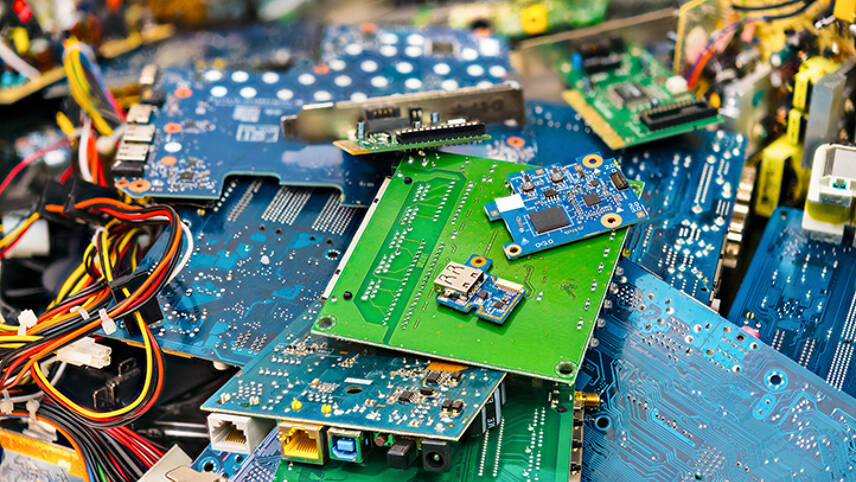Register for free and continue reading
Join our growing army of changemakers and get unlimited access to our premium content

The new £500,000 Time after Time e-waste fund will support projects focused on the reuse, repair and recycling of small WEEE (waste electrical and electronic equipment) from smartphones and laptops to toys and DIY equipment.
Grants of between £10,000 and £75,000 will be made available for UK projects and the two organisations are inviting applications from charities, academic bodies, community interest companies, social enterprises, registered companies, local authorities and Business Improvement Districts.
Accepted projects will need to show measurable impact and results and be ready to launch by April 2023.
The partnership builds on Virgin Media O2’s Better Connections Plan which features a goal of encouraging the public to carry out 10 million circular actions by 2025.
Virgin Media O2’s chief communications and corporate affairs officer Nicola Green said: “With millions of devices being stashed in cupboards, left in lofts, or gathering dust in garages, our Time After Time fund will tackle e-waste by investing in eco-projects to help people live greener lives.
“It’s part of Virgin Media O2’s sustainability strategy, the Better Connections Plan, where we’re supporting people to carry out 10 million circular actions by the end of 2025 – from sustainably recycling devices, to sending back old kit and donating unwanted smartphones to people who need them.”
Earlier a report found that 5.3 billion mobile phones will be thrown away across this year and e-waste will grow to 74 million tonnes a year by 2030.
The UN regards e-waste (wasted electronics and electricals) as the world’s fastest-growing domestic and commercial waste stream, with waste generation vastly outstripping expansions to recovery systems, repair and recycling infrastructure.
According to the body’s Global E-Waste Monitor Report, the UK generated 23.9kg of e-waste per capita in 2019. While this was down from 24.9kg in 2016, the UK still generated the second most e-waste per capita in the world, behind only Norway (26kg). 7.3kg per capita was the global average.
However, recovery and recycling rates for e-waste across Europe in 2019 stood at 59% – one of the highest rates in the world. The global average was just 17.4%. Below are two charts from the Report.
The UK alone is losing at least £13.6m worth of critical raw materials for the net-zero transition, such as lithium, to the linear economy each year, due to a lack of capacity for recycling used electricals and electronics.
According to a new report from Material Focus, while the UK has made strong progress in extracting gold, silver and palladium from used electronics, much of the recycling is currently conducted overseas. This limits the opportunity to recapture this value domestically and increases the carbon footprint of the materials, due to transport. When all rare earth elements are covered, the recycling rate stands at less than 1%.
Commenting on the partnership, Hubbub’s co-founder Gavin Ellis said: “E-waste is a pressing environmental issue so this funding is very welcome and will help us support a range of initiatives that could have a significant impact. Whether that’s a research project that supports a reduction in e-waste, a campaign that raises awareness amongst key audiences, or a project that directly tackles the causes of e-waste.
“We’re particularly welcoming applications that engage people aged 16-24 who are not only heavy users of electrical items but are key to helping tackle this issue in the future.”
A recent edie Explains guide, which is free to download and can be found here, outlines how businesses can help create a circular economy for electricals and electronics of all kinds.


Please login or Register to leave a comment.